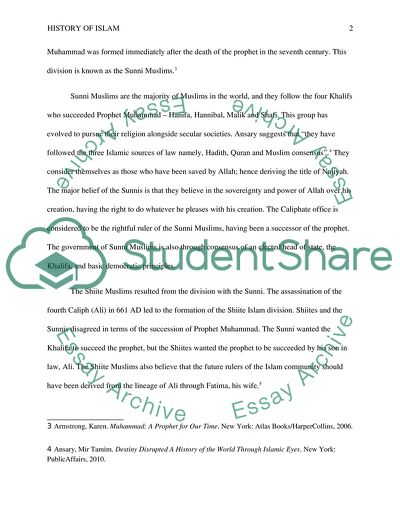Cite this document
(“Major Theological Divisions in the Islamic World Research Paper”, n.d.)
Major Theological Divisions in the Islamic World Research Paper. Retrieved from https://studentshare.org/history/1700798-major-theological-divisions-in-the-islamic-world
Major Theological Divisions in the Islamic World Research Paper. Retrieved from https://studentshare.org/history/1700798-major-theological-divisions-in-the-islamic-world
(Major Theological Divisions in the Islamic World Research Paper)
Major Theological Divisions in the Islamic World Research Paper. https://studentshare.org/history/1700798-major-theological-divisions-in-the-islamic-world.
Major Theological Divisions in the Islamic World Research Paper. https://studentshare.org/history/1700798-major-theological-divisions-in-the-islamic-world.
“Major Theological Divisions in the Islamic World Research Paper”, n.d. https://studentshare.org/history/1700798-major-theological-divisions-in-the-islamic-world.


